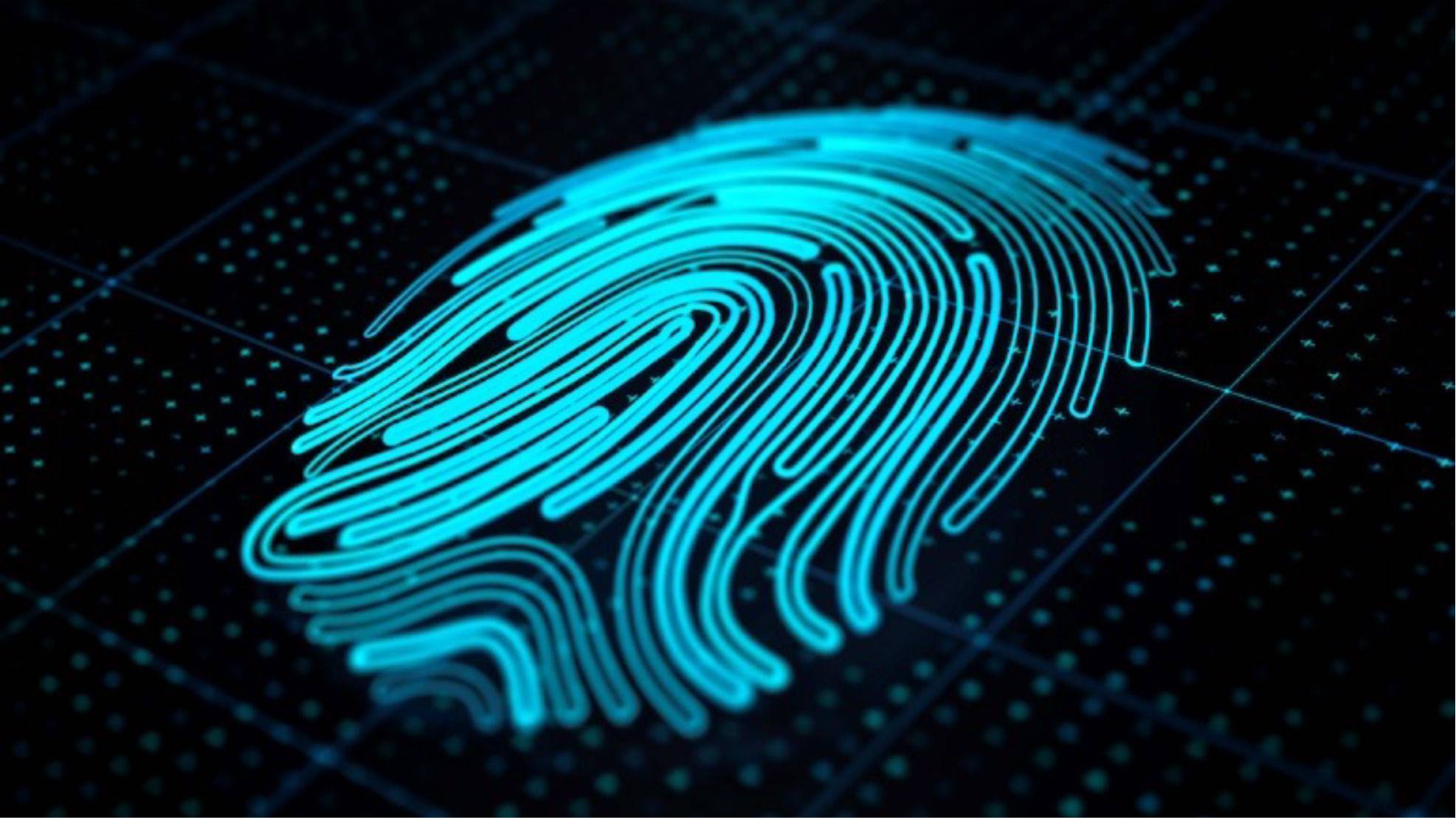The European Union is set to implement a new system for digital identity (eID) following a provisional agreement between the Council and the Parliament. This framework aims to provide a secure and reliable way for individuals and businesses to identify themselves electronically across the EU. The new system builds upon the existing eIDAS regulation (2014) by introducing digital wallets. These wallets allow users to store not only their national eID but also additional verified attributes like licenses or bank details. Notably, individuals will have free access to this system, while member states have some discretion regarding business use.
Transparency is a key principle. The software for these wallets will be open-source, promoting public trust. However, member states can maintain confidentiality for specific components with justification. The agreement also clarifies the use of qualified web authentication certificates (QWACs) to ensure online safety while upholding existing security standards. While this is a significant step forward, further work is needed before the eID framework is finalized. Overall, this agreement represents a promising development towards a secure and unified digital identity system for the EU.
The press release is available here.


